#Finances
Report: Abandoning Small Car Segment Could Be a Big Mistake
A new report from Edmunds tries to make a case against Ford and General Motors placing their small- and medium-sized cars on an iceberg and setting it adrift. We don’t even need to see the metrics to agree. Ditching cars for higher-margin crossovers and SUVs always seemed a little short-sighted. Without entry-level models, you’re likely to get fewer entry-level (i.e. new) customers, and several of the models axed from North American lineups happened to be the most enjoyable to drive.
Selfishly, we like to see plenty of variety among mainstream brands.
Edmunds’ concern isn’t so much about Ford and GM losing money; rather, it’s more about the automakers setting themselves up for failure further down the line. The analysis revealed that 42 percent of Cruze and Focus owners are choosing to stay in the passenger car segment, rather than spending a little (or lot) more to purchase crossovers and SUVs. Meanwhile, 23 percent of Cruze owners and 31 percent of Focus owners who traded in their car in 2019 ended up buying something similar from a competing automaker.
Ford Takes a Third-quarter Hit, Top Brass Talk Botched Explorer Launch
Analysts predicted a less-than-stellar quarter for Ford Motor Company, so it was not a shock to see turbulence in the company’s third-quarter financials. The company’s net income dropped 57 percent in Q3 2019, the result of currency changes and restructuring efforts. Revenue ($37 billion) was down on a global scale, shrinking 2 percent. Earnings per share shrunk from 25 cents to 11 cents.
While the automaker finds itself in the midst of ongoing cost-cutting and a reorganization of its regional businesses, the North American launch of a key product didn’t go as planned, forcing Ford CEO Jim Hackett to claim the company’s efforts fell below expectations.
Take the Tesla Plunge: Automaker's Stock Plumbs Territory Not Seen in Years
There must be more than a few half-grins among the cynical, perpetually grumpy denizens of Finance Twitter today. For the first time since late 2016, Tesla’s stock price opened below $200. Compared to the sky-high valuation the company’s enjoyed a year or two ago, Tesla’s sinking shares reflect the weight of reality.
Tesla needs cash. Years after it began building electric cars for the fairly well-off masses, the company’s actions in recent months stands in stark contrast to the rosy predictions of the past, and it seems people are taking notice.
Tesla's Stock Offering Bought It Limited Time, Email Shows
Ten months. That’s how long Tesla’s CEO claims this month’s offering of $2.7 billion in stock and convertible notes bought the struggling automaker.
Hungry for cash to fuel new model development, a Shanghai Gigafactory, and an assembly line on which to build the upcoming Model Y crossover, Tesla has resorted to endless measures to trim costs, from moving to an online sales model and attempting to cull the bulk of its sales staff, to general staff reductions, to reducing build configurations. Vehicles prices seem to change by the week.
And still it’s not enough. To keep the automaker afloat, Musk told employees, the company will need to count every penny.
How Are Autonomous Vehicles Supposed to Make Automakers Money?
As we continue reporting on how costly mobility projects, connectivity, and autonomous development are weighing on automakers’ bottom line, readers want to know exactly when these endeavors will become profitable. While the path for data acquisition and in-car marketing is fairly clear, self-driving cars are new territory. But it’s all speculative. Logistical, ethical and regulatory issues abound — and legislators seem rather poorly informed on the technology in general.
For now, companies have a pass to test autonomous vehicles in limited quantities across the United States. The next move, which some firms (like Waymo) have already undertaken, involves adapting test-bed AVs for use in commercial fleets. Profitability is another matter, and concerns are mounting that the technology isn’t ready and might not be for some time.
Seeing Red Again: Tesla's Winning Streak Turns to a Loss in First Quarter
Analysts and investors, who were already warned to expect disappointment, didn’t walk away disappointed from Tesla’s first-quarter 2019 earnings report. The automaker’s two-quarter streak of profitability came to a crashing halt, with the company warning that next quarter might bring with it another loss.
Quite an about-face from the rosy projections issued at the start of the year. It wasn’t all that long ago that CEO Elon Musk was only mildly worried about Q1. Now, as the company reports a $702 million loss, the onus is on Musk to restore investor enthusiasm the hard way.
Honda's New Passport Arrives at an Opportune Time
No, not just because American buyers open their wallets for anyone hawking a high-riding vehicle; rather, because an influx of cash would help stabilize Honda’s balance sheet.
The automaker’s global profits took a 40 percent haircut in the fiscal quarter ending December 31, with net income falling 71 percent in the same time frame. North America wasn’t a fiscal fortress, either. While a new crossover that straddles segment boundaries isn’t the cure for all that ails Honda, it’s anything but hindrance.
Volkswagen Group to Bentley: Get Your Act Together, Now
It’s a brand showcased in countless music videos over the past two decades, but that doesn’t mean it features very highly in owner Volkswagen Group’s good books.
British ultra-luxury marque Bentley was just given a dressing down by its strict German guardians, told to shape up and start making money or face the consequences. The stern ultimatum came from the Piech and Porsche families, the auto group’s majority shareholders.
While the parents of the parent group didn’t spell out what would happen if Bentley doesn’t turn over a new leaf in the next one to two years, it’s looking like the brand could find itself in a basket on the front steps of an orphanage.
As Sales Slump, Jaguar Land Rover Moves to Plug Leaks
It’s not oil dripping onto a snooty cobblestone driveway this time around — it’s cash. Following the release of its latest quarterly fiscal report, Jaguar Land Rover announced a plan to plug the leaks threatening its existence.
The automaker cites declining sales as the reason for a 10.9 percent drop in revenue for the three month period ending September 30th, with buyers in China, the U.S. and Europe taking much of the blame. Globally, sales fell 13.2 percent in the last fiscal quarter, with the total volume of vehicles sold by both brands falling below the number of Chevy Silverados sold in the U.S. last quarter. Jag needs to fatten up those seals.
Tesla's Workforce Haircut Takes 9 Percent Off the Top
Tesla CEO Elon Musk announced a restructuring of the ambitious but troubled automaker on Tuesday, laying out a plan that will see 9 percent of the company’s workforce laid off.
Calling the decision “difficult, but necessary,” Musk said the cuts will come almost exclusively from its salaried workforce, leaving production workers in place. The company’s production targets for the Model 3 sedan haven’t changed, he insists.
Rolling In It: FCA Announces Q4 Earnings
Sticking with its bullish profit predictions for 2018, FCA announced today its fourth quarter earnings for 2017 in which net profits nearly doubled to almost a billion dollars.
With a new Ram 1500 waiting in the wings, the old Ram set to print money while selling alongside the new one, and a healthy Jeep brand serving a public thirsty for crossovers, FCA’s cupboard seems particularly full right about now … so long as the company keeps its focus.
Ford to Wall Street: Drop Dead
At a Detroit Economic Club event held last night in the Motor City, Blue Oval Chairman Bill Ford opined that Ford Motor Co. may have been too forthcoming with Wall Street in past years.
“In the past, maybe we said too much,” Ford said Tuesday.
Ditching Opel and Vauxhall Hits GM in the Pocketbook; Crossovers to the Rescue!
Thanks mainly to the unloading of its longstanding European operations, General Motors reported a $3 billion net loss in the third quarter of 2017, according to an earnings report released Tuesday.
Punting responsibility of its Opel and Vauxhall subsidiaries to France’s PSA Group definitely didn’t come without a penalty, with most of the expense ($5.4 billion related to deferred tax assets and pension costs) incurred during the last quarter. Still, GM prefers the one-time earnings hit to keeping an unprofitable operation alive on the other side of the Atlantic.
While the Opel sale cut into the automaker’s balance sheet, The General also saw less earnings from car sales. Production declined in Q3 2017 compared to last year, and that meant less black ink. Still, GM doesn’t see many dark clouds. Why? One word: crossovers.
With Mercedes-Benz Going Electrified, How Does the Company Avoid Tanking?
Everyone’s doing it. It’s as popular as the fidget spinner and Pokémon Go crazes all those years months ago. In a rush to signal their environmental bonafides and display their dedication to the Next Big Thing, luxury automakers are tripping over themselves in an effort to promise an all-electrified model lineup as soon as technology and finances allow.
This time, it’s Mercedes-Benz. The world’s oldest car brand doesn’t want its rivals cashing in once governments around the globe start turning off the fossil fuel taps. So, earlier this week, Daimler CEO Dieter Zetsche stepped up and made a promise we’ve heard ad nauseum as of late: every model in the brand’s lineup will soon sport some form of electric propulsion, be it a hybrid setup or full-on battery electric powertrain.
For Mercedes-Benz, this means 50 hybrid or EV models, including at its irrelevant-to-Americans Smart brand. The move isn’t without a steep cost, however — Daimler is bracing for a slashing of vehicle profit margins. In some cases, the green collected from green cars could be half that of a gasoline Benz. What to do?
The South Korean Curse: Kia Loses Landmark Wage Dispute With Employees
Seoul Central District Court ruled against Kia Motors on Thursday, ordering the automaker to pay around 420 billion won, or $374 million, in unpaid wages. Kia employees first filed an initial lawsuit in 2011, claiming a 659 billion won wage disparity, following it up with an additional suit in 2014.
However, the automaker claims the final cost will be closer to 1 trillion won, or about $890 million, and could result in a third-quarter operating loss. Interestingly, this is roughly the same amount workers demanded over their six-year legal dispute (after interest).
“The current operational situation is such that the ruling amount is [difficult] to bear,” Kia said in a statement.





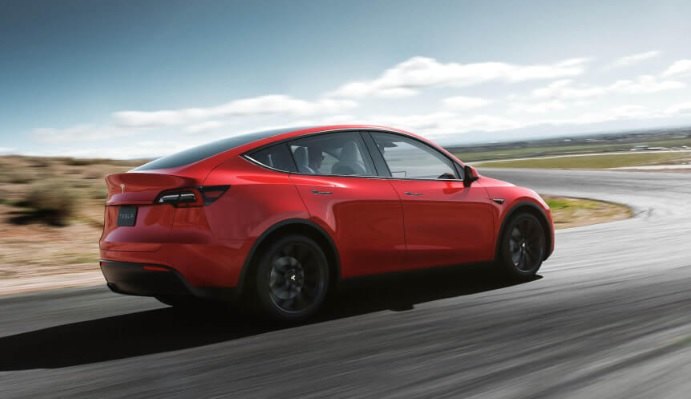


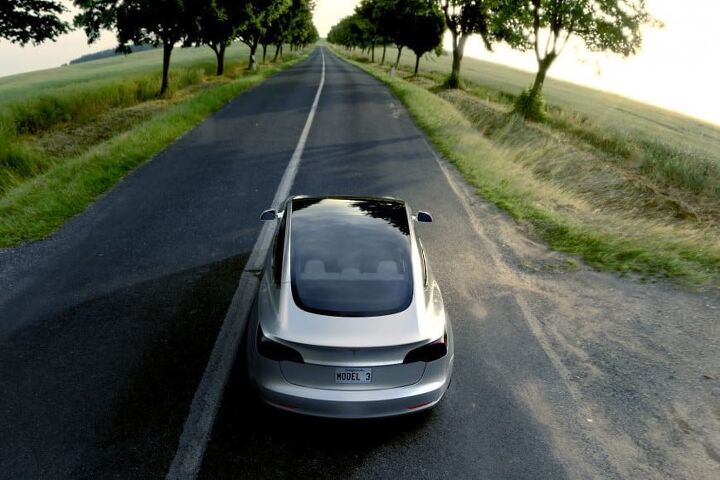

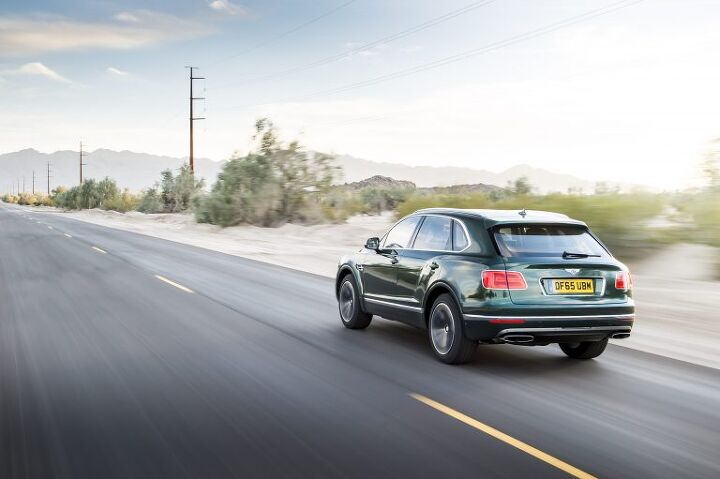
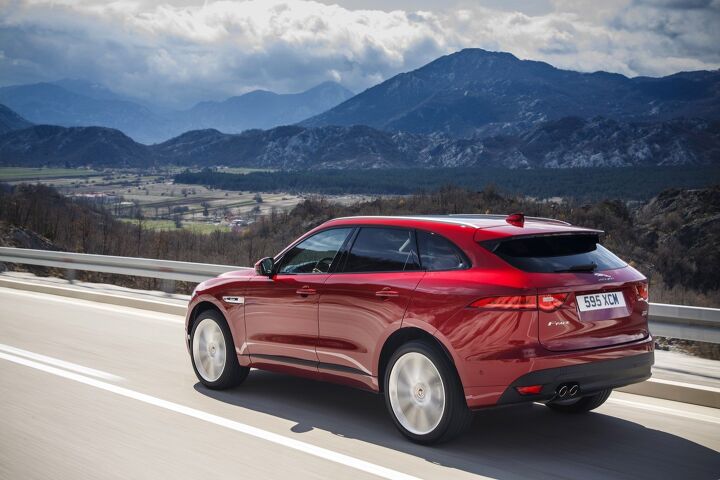


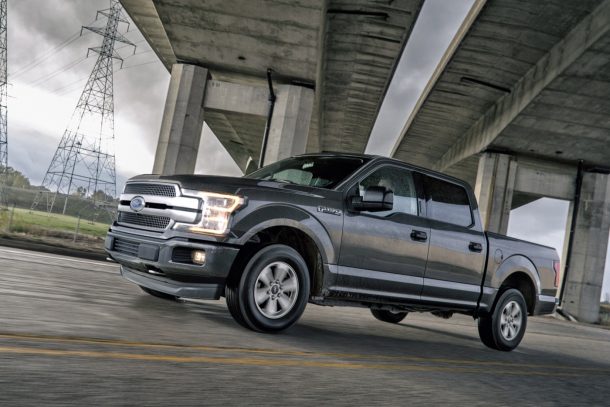


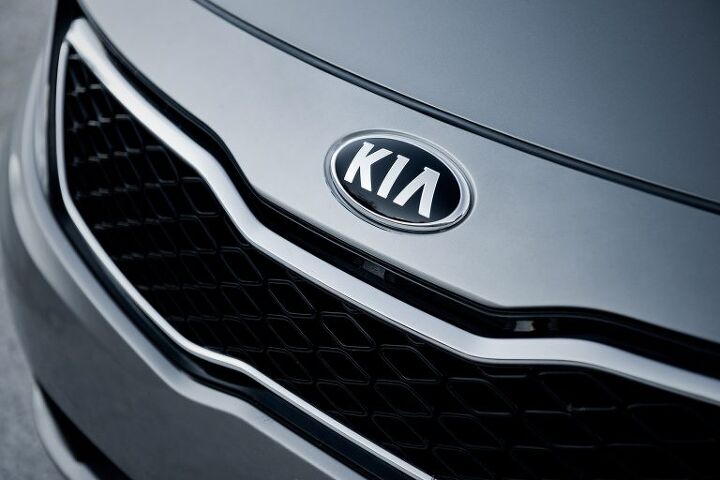












Recent Comments